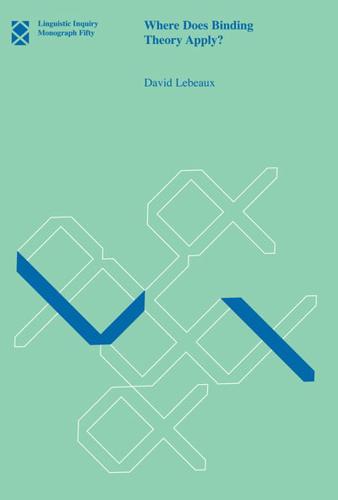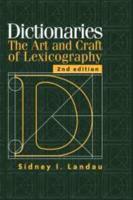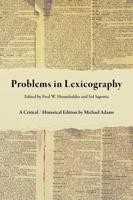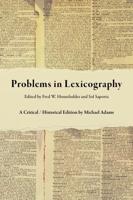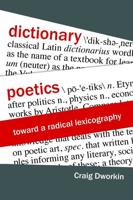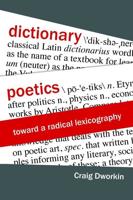Publisher's Synopsis
This concise but wide-ranging monograph examines where the conditions of binding theory apply and in doing so considers the nature of phrase structure (in particular how case and theta roles apply) and the nature of the lexical/functional split. David Lebeaux begins with a revised formulation of binding theory. He reexamines Chomsky's conjecture that all conditions apply at the interfaces, in particular LF (or Logical Form), and argues instead that all negative conditions, in particular Condition C, apply continuously throughout the derivation. Lebeaux draws a distinction between positive and negative conditions, which have different privileges of occurrence according to the architecture of the grammar. Negative conditions, he finds, apply homogeneously throughout the derivation; positive conditions apply solely at LF. A hole in Condition C then forces a reconsideration of the whole architecture of the grammar. He finds that case and theta representations are split apart and are only fused at later points in the derivation, after movement has applied. Lebeaux's exploration of the relationship between case and theta theory reveals a relationship of greater subtlety and importance than is generally assumed. His arguments should interest syntacticians and those curious about the foundations of grammar.


